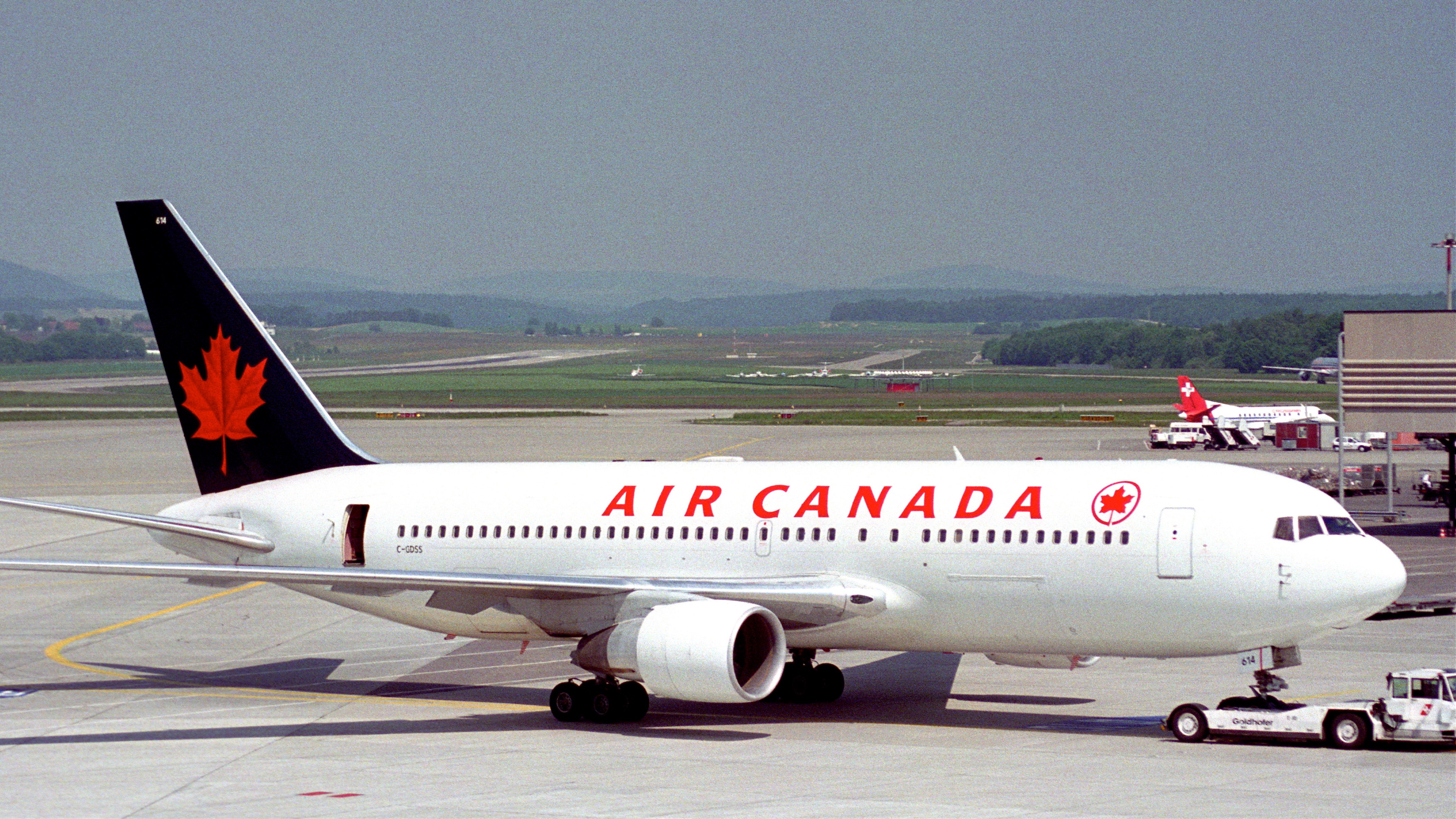
One of the many fascinating aspects of investing is discovering a company that has performed admirably, yet remains largely unnoticed by most investors.
Air Canada (TSX:AC)(TSX:AC.B) is one such company. Most investors know that Canada’s largest airline has improved immensely over the past several years, but few realize that Air Canada continues to be one of the best-performing stocks on the market, more than doubling in price several times over.
Air Canada’s recent quarterly update not only confirms that stellar performance, but plots a path for continued growth over the next few years.
Quarterly results
Air Canada reported strong results for the second fiscal quarter, continuing a trend of breaking records on performance. The airline announced operating income of $281 million for the quarter, surpassing the $277 million reported in the same quarter last year. The airline also reported a record-breaking $670 million EBITDAR, breaking the previous record established in the last quarter by $65 million.
On an adjusted basis, Air Canada reported adjusted net income of $215 million, or $0.78 per share, beating the $203 million, or $0.72 per share, from the same quarter last year.
Air Canada and other airlines are benefiting from one of the longest growth periods in recent memory, and that growth is being reinvested in fleet renewals and aggressive route expansion to keep that growth going.
In the last quarter alone, Air Canada added 16 new international and cross-border routes.
Looking forward to the remaining quarters in the fiscal and well into next year, Air Canada is forecasting continued growth and stable fuel pricing, but it sees capacity growth slowing as the airline realigns from the current wide-body fleet renewal to refreshing the narrow-body fleet.
That transition will reduce costs further and provide a boost to margins.
Are airlines good investments now?
Historically, airlines have not seen as particularly good investments. Warren Buffett once referred to airlines as some of the worst possible investments to make, making note of the high upfront costs and the limited earnings potential due to the fluctuating nature of the business. The airline business model at that time consisted of several quarters of record-breaking earnings followed immediately by several quarters of extreme losses.
To make matters worse, during those record-breaking quarters, airlines would often invest heavily in fleet renewals and new livery, and would undertake massive marketing pushes, all of which had a tendency of coming due just as a slowdown approached.
As a sign of how much the market has evolved and matured since Buffett stated his distaste for airlines, Buffett now has an investment of over US$9 billion in the airline industry.
Air Canada has excelled in the current market uptick, with the stock price soaring an incredible 1,760% in the past five years. In the past year alone, the stock is up nearly 140%. Based on a few key developments, that incredible growth will not be ending anytime soon.
Air Canada has invested significantly in wide-body fleet consisting primarily of 787 Dreamliner jets made by the Boeing Company. The Dreamliners are larger, more fuel efficient, require less maintenance, and have better range than the older Boeing 767s they are replacing.
Air Canada has also made strides in replacing the narrow-body fleet with the Boeing 737 MAX and the new CSeries jets from Bombardier, Inc. Both the 737 MAX and CSeries jets are vastly more efficient and can fly routes that are unprofitable given the current fleet.
Both the wide- and narrow-body fleet renewals will span several years, with Air Canada realizing significant savings and exposing new growth opportunities.







